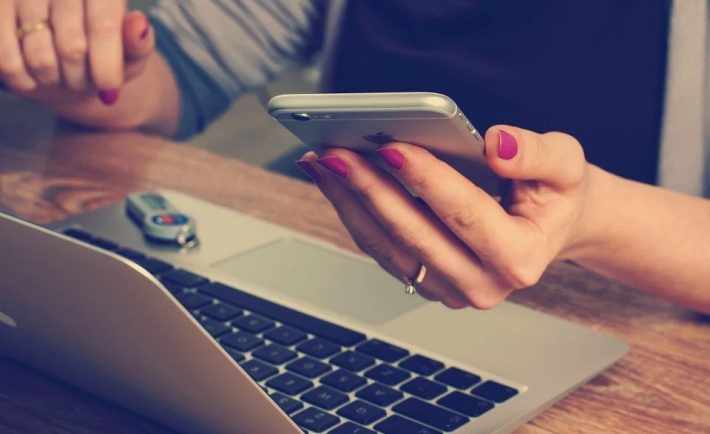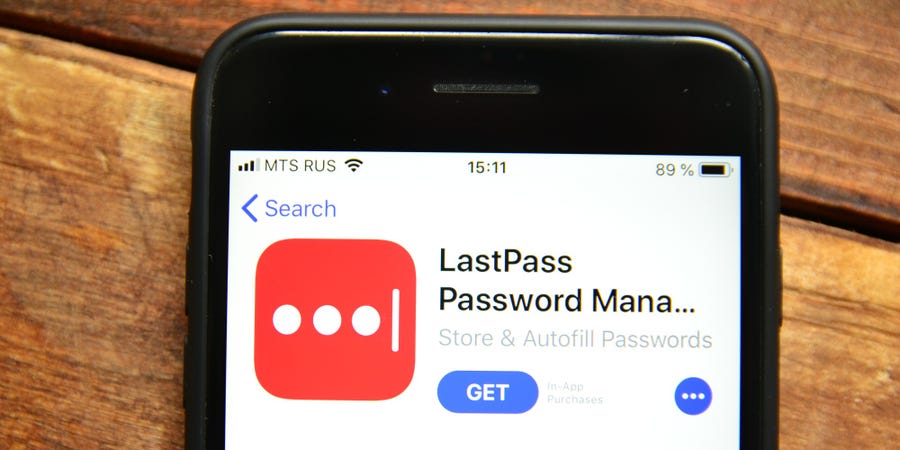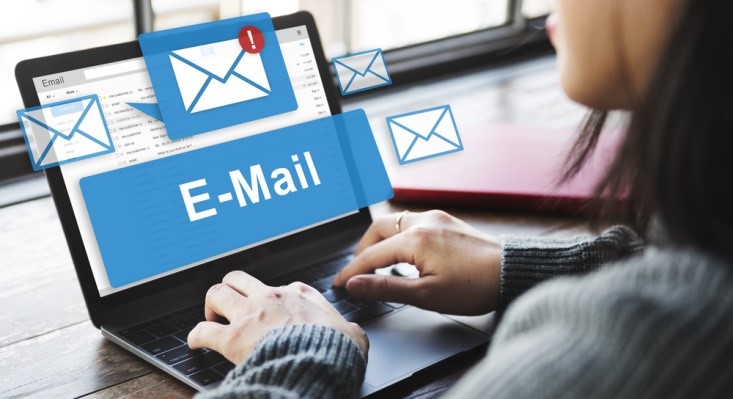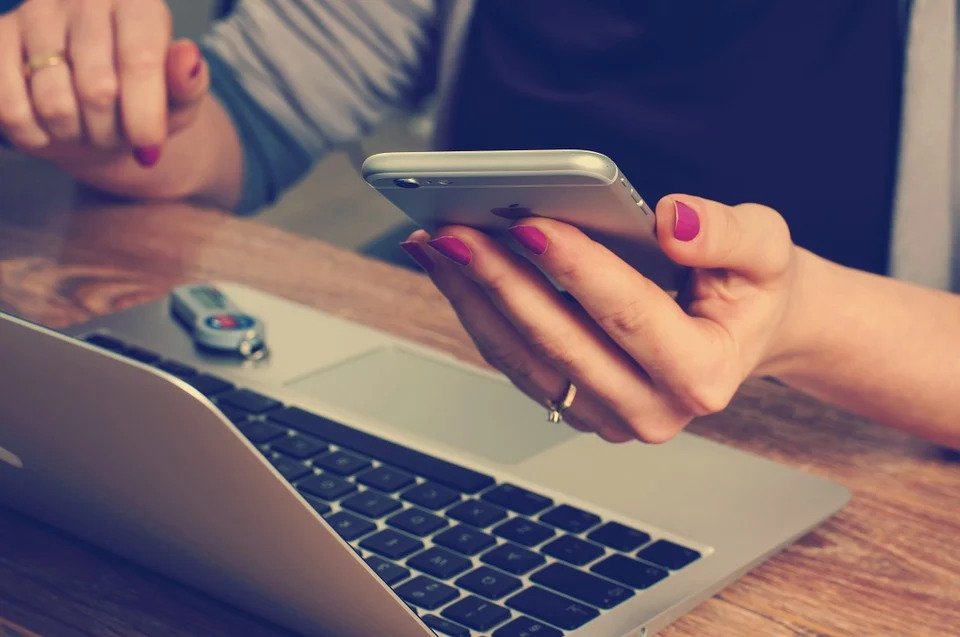
Have you ever thought about how safe it is to use your smartphone? Cybersecurity is a hot topic at the moment, but many of us assume that it’s only big businesses that are targets. If you have a smartphone for your small business, or you have a phone for personal use, it’s wise to be aware of the risks and to take steps to keep your identity and your phone safe.
Using passwords

If you leave your phone somewhere, somebody steals it from your pocket, or it falls out of your bag, you want to make sure that everything you’ve got stored on the handset will be safe. Using passwords is an effective means of preventing your phone from falling into the wrong hands and keeping your personal information safe. Change your passcode on a regular basis, don’t share it with others and try to avoid opting for anything that is easy to guess, for example, a numerical sequence such as 1,2,3,4. If you have the option, utilize multi-factor authentication. Fingerprint and face recognition are excellent features to keep your devices safe. If you use multiple apps and you have different email accounts, use a different password for each.
Look out for phishing emails and spam messages and calls

Do you ever receive calls from numbers that aren’t in your contact list or open your inbox to find a host of messages that look suspicious? If you don’t recognize numbers, or you suspect that a text message or an email has come from an untrustworthy source, don’t answer the call and ignore and delete messages. If you have concerns about who’s calling you from this number you don’t recognize, or you keep getting text messages from unknown numbers, you can use apps to identify callers and block contacts you don’t know. Look out for red flags such as spelling and grammatical mistakes in subject lines and unknown domain names and ignore anything that asks for personal information. A reputable company or organization, for example, your bank, will never ask you to respond to a text or give your account details in response to an email.
Secure networks

Many of us are glued to our phones, and we look for every opportunity to save data and use wireless networks. Take care when visiting cafes, public facilities, restaurants and bars, and only use networks that are secure. It’s particularly important not to make online purchases if you’re using a public network. Switch to 4G to make sure the transaction is safe. It’s also crucial to ensure that the sites you visit are secure. Look out for the padlock sign at the top of the page. If you have used an open network, you might find that you start getting more junk mail. Use filters to identify phishing scams and keep junk out of your inbox.

Cybersecurity should be a concern for all of us. Attacks are becoming more commonplace, and businesses and individuals are vulnerable. If you use a smartphone for business or personal reasons, take these suggestions on board.




